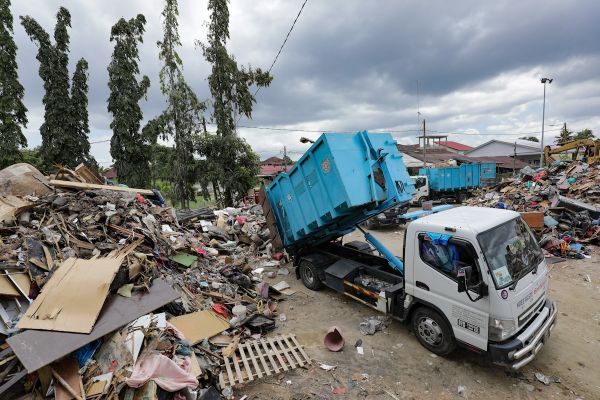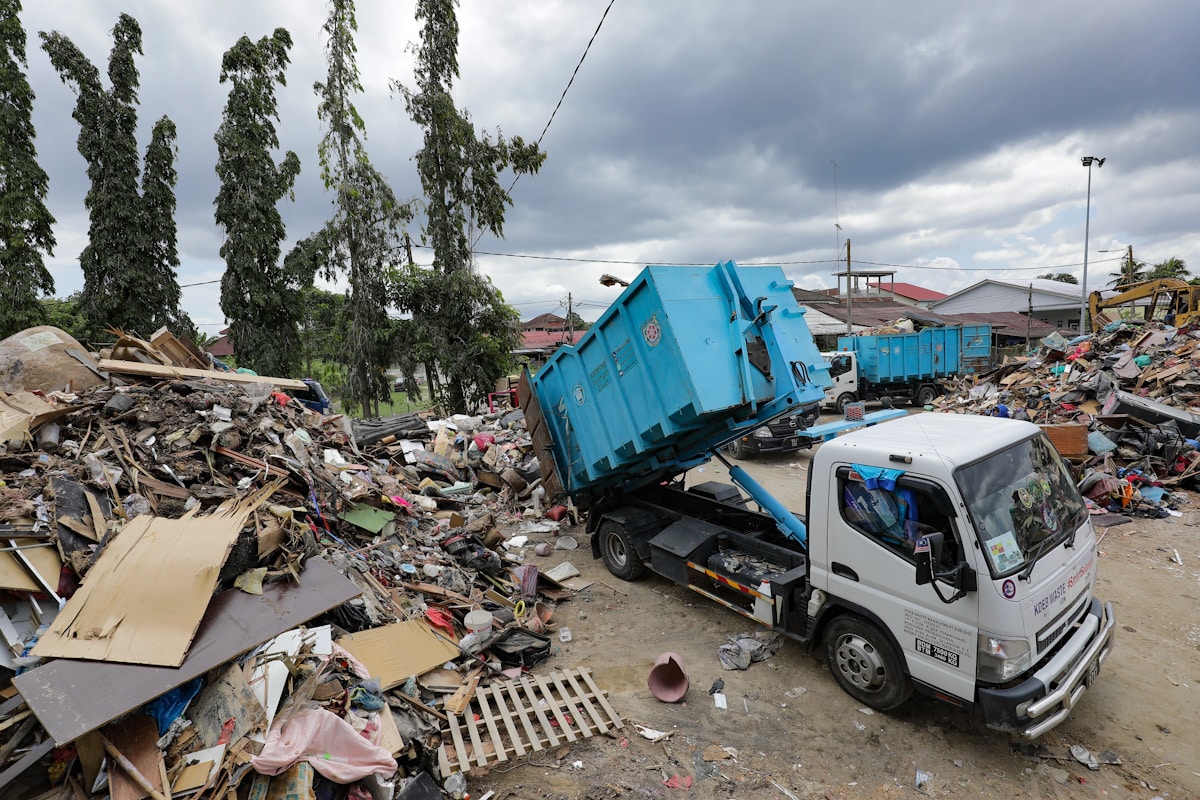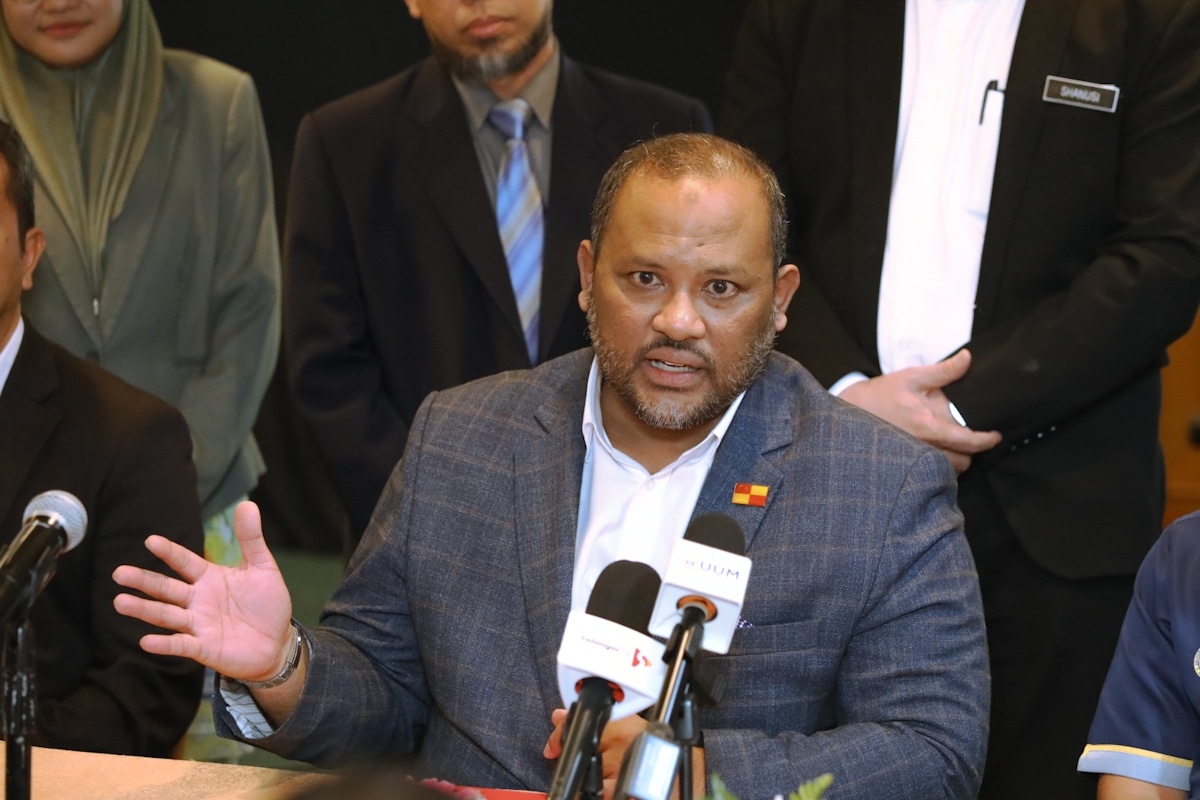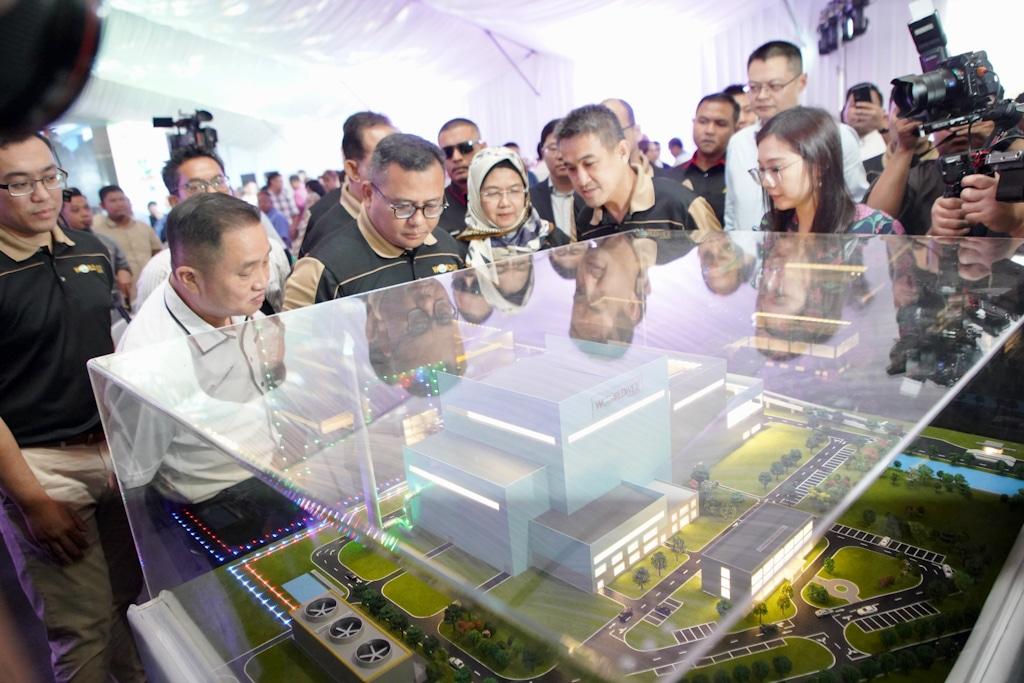KUALA LUMPUR, Sept 19 — Malaysians must fundamentally change their perception of garbage from “dirty waste” to a valuable resource to solve the nation’s unsustainable reliance on landfills.
This is according to KDEB Waste Management Sdn Bhd (KDEBWM) managing director Datuk Ramli Mohd Tahir, who stressed that waste is a key component of a circular economy, disputing the long-held public view that it has no value.
“For many years, people have wrongly viewed garbage as waste. For us, waste is not dirty; waste is money. During Covid-19, people lost jobs, but some took the opportunity to collect plastics, papers, aluminium, e-waste, and sell them.
“Recycling and upcycling can generate income and provide cheap raw materials for new products,” he said during a fireside chat at the Smart City Expo Kuala Lumpur 2025 hosted by Malaysiakini co-founder Premesh Chandran today.
Ramli added that today, many companies are ready to buy these wastes to produce by-products at a lower cost, positioning waste management as an economic opportunity.
“We have to change our mindset. Together, the government, practitioners, the people, and taxpayers, we can keep Malaysia clean,” he said.
Aside from recycling, modern technology like waste-to-energy (WTE) is crucial for managing residual waste.
To this, Ramli urged the public to stop equating WTE facilities with outdated incinerators, noting that nearly 3,000 such plants have been built globally in the past decade and are operating safely in the heart of major cities across Europe, Japan, and Singapore.
“People used to call them incinerators, but they are not. These plants can process waste at very high temperatures, reduce 90 per cent of landfill waste, and produce energy safely,” he said.
Ramli noted that this technological shift is necessary as the current model of continuously opening new landfills is no longer viable.
“Having a landfill for many years is very taxing for the government. You need 200 acres of land just to prepare a site, and after seven to nine years, it is full.
“Once it is filled, you shut it down and open another. That is not sustainable,” he said.
KDEBWM, the state agency responsible for waste management in Selangor, has seen daily collections jump from 6,500 tonnes in 2016 to nearly 10,000 tonnes in 2024, adding up to more than 30 million tonnes in less than a decade.
By 2027, the volume is projected to hit 10,800 tonnes per day, fuelled by rapid urbanisation in Klang, Petaling Jaya, Kajang, and Ampang Jaya.
WTE plants like the Sultan Idris Shah Green Energy Plant (Sisgep) in Rawang and the Jeram WTE facility are expected to help tackle the crisis.
Sisgep, a joint venture worth RM4.5 billion between KDEBWM and YTL Power Generation Sdn Bhd, will process up to 2,400 tonnes of waste daily using moving-grate technology.
It aims to cut landfill waste by 90 per cent, generate 58 megawatts (MW) of renewable electricity, and create over 1,500 jobs during construction and more than 100 permanent operational roles.




